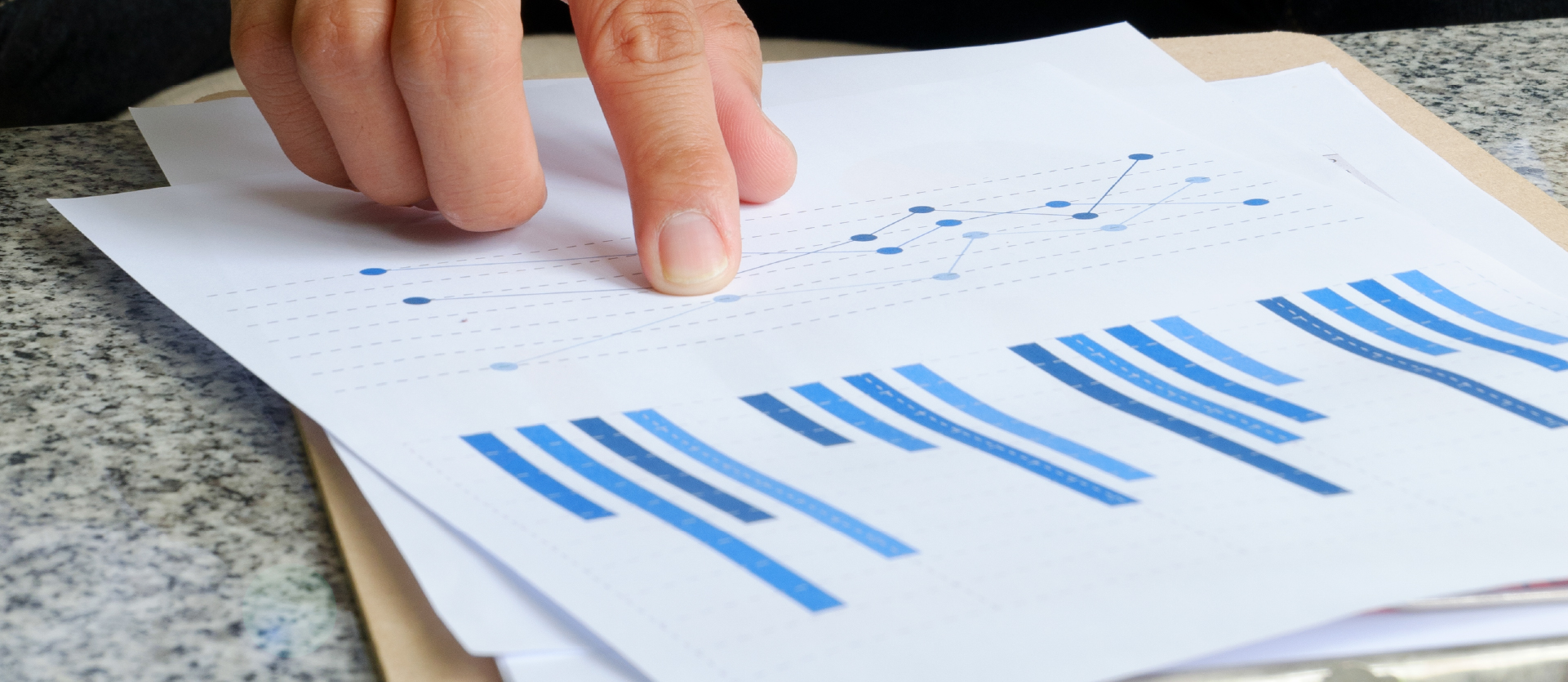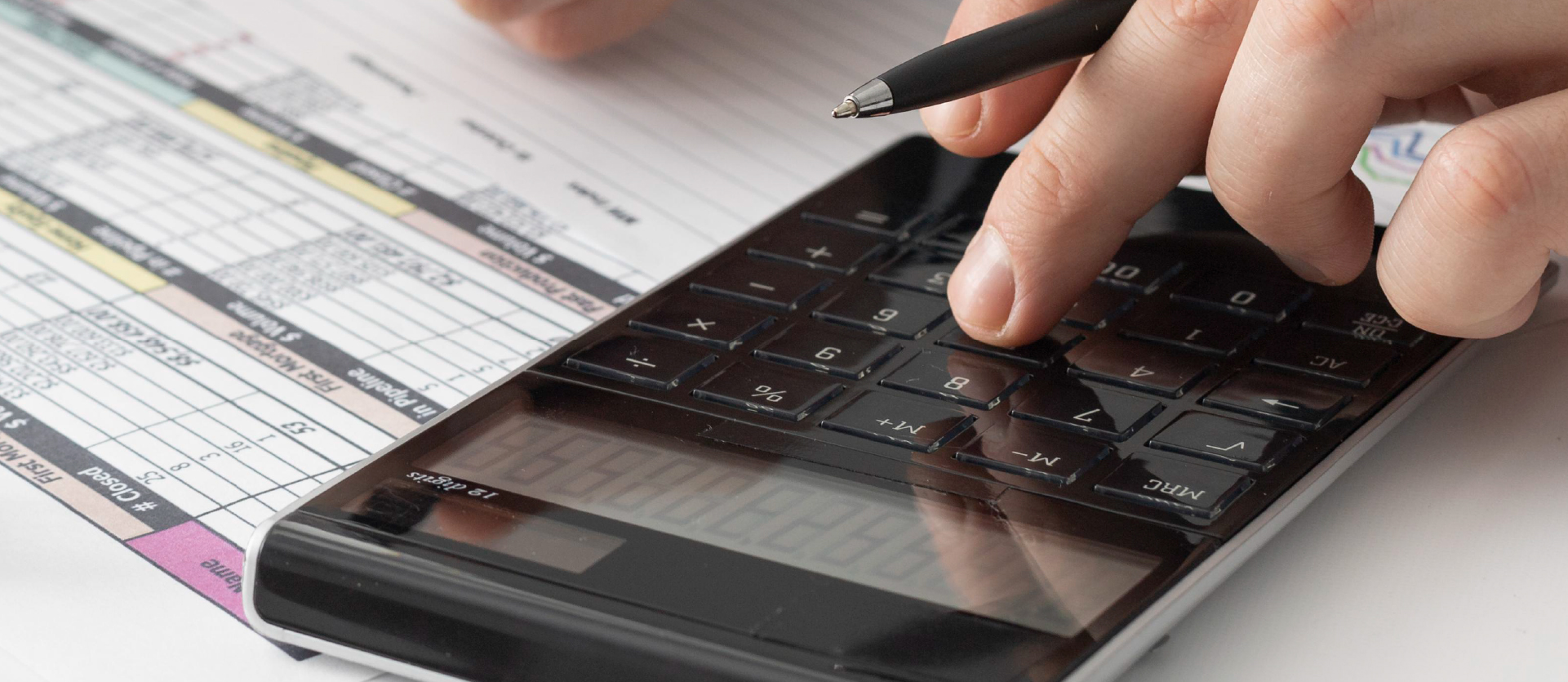Vouga Abogados 1
Paraguay offers different investment incentive regimes, which have been used by local and foreign investors, including to a large extent Brazilian capital from numerous sectors that lands in Paraguay for different purposes. This article provides the reader knowledge regarding the two main tax regimes for export markets available in Paraguay: the maquiladora export industry (regulated by Law No. 1064/1997) and free trade zones (regulated by Law No. 523/1995). A brief analysis of both regimes is presented below.
I. Free Trade Zones
Under the free trade zone regime, it is possible to create areas within Paraguayan that do not form part of the Paraguayan customs territory. The latter must be understood as the territory in which the same tariff regime and economic restrictions are applied to imports and exports, as defined in both article 2 of Law No. 523/1995 and the article 3(1) of the Paraguayan Customs Code.
An individual or an entity acquires the status of user of a free trade zone and, therefore, the right to operate there, by virtue of a contract entered with a free trade zone concessionaire.2 The execution of this contract is preceded by the pertinent application submission from the requesting user, including the respective contract template, investment project and other requirements set forth by the concessionaire in the Internal Regulation of the Free Trade Zone.3.
Industrial activities are among those allowed to free trade zone users, i.e., manufacturing goods intended for export as a result of the transformation within the free trade zone of raw materials or semi-finished products. The free trade zone regime may be also used for activities by the regulation as commercial (warehousing, assortment, classification, handling, blending) as well as some types of services authorised by the Executive Power.4.
The free trade zone regime is being used for the development (from the construction phase) of large industrial plant projects to produce biofuels and cellulose, with investments around USD 1 billion and USD 3.2 billion, respectively.5The successful implementation of these projects will imply unprecedented milestones for the free trade zone regime and for the country in general.
a. Tax Regime
The activities allowed to users that are carried within the free trade zone, as well as the profits obtained by such users are exempt from all national, departmental, or municipal taxes, except for a single tax of 0.5% on the value of the goods exported to third countries from the free trade zone, named "Free Trade Zone Tax", which is determined and paid upon formalisation of each export clearance6.
This means that the entry of goods into the free trade zone is carried out free of customs and internal taxes, since the free trade zone is not part of the Paraguayan customs territory.
The special tax does not apply to income from sales that users carry out from the free trade zone to the Paraguayan customs territory, which are taxed by the corresponding income tax in force in Paraguay, whose rate is currently 10% on net income7.
b. Obligations
Users must comply with the legal requirements applicable to merchants, proceed with registration before the corresponding national registries, keep accounts separately from any other activity they carry out outside the free trade zone and have a permanent electronic inventory of their goods, merchandise, and raw materials8Likewise, they must add to their company name the expression "User of Free Trade Zone”9. The declaration of bankruptcy and the inhibition of assets are incompatible with the character of free trade zone user10.
Users must also invest the capital stated in the respective application and develop the agreed activities. This implies the start of the projected investment in a period not exceeding one year, counting from the execution of the contract with the concessionaire. Activities must begin its course within a period not exceeding two years, counting from the date of the contract, except in extraordinary cases that must be justified when requesting the exception11.
Also, users must timely pay the agreed price, as well as the common expenses and other services to be used. In addition, users must use the property and premises exclusively to the development of the activities authorized in the contract, and hire a third-party liability insurance, covering all risks arising from their activities within the free trade zone, including work accidents, as well as on buildings and facilities used in their activities12.
Users must also allow access, during working hours, to the concessionaire or whoever it designates to carry out inspections throughout the property and buildings, as well as respect the operating hours of the free trade zone and dispositions regarding the transit of people and vehicles set forth by the concessionaire. In addition, users must comply with the applicable rules for environmental protection and conservation; and, provide the concessionaire and the National Council of Free Trade Zones, when these require so, with formal quantitative statements about goods, raw materials, etc13.
c. Free Trade Zones and Mercosur
Article 2 of Mercosur CMC Decision No. 8/1994, as amended by the CMC decision No. 33/2015, states that the Member States will apply the Common External Tariff or, where appropriate, the applicable national tariff, to goods originating from free trade zones located within Mercosur, unless the goods have only been stored without being transformed, in which case they will not lose their origin prior to the free trade zone.
Said Mercosur regulation bans Member States to issue the Mercosur certificate of origin for goods produced in the free trade zones located in their territory. At the same time, it authorises Member States to apply the corresponding customs tariff to the importation of such goods if they deem appropriate, even if one of the Member States does not comply with the indicated ban and issues the Mercosur certificate of origin.
Paraguay´s case is quite atypical in this subject, since it first internalised CMC Decision No. 8/1994 on December 30, 1994, by article 1 of Decree No. 7145/1994, but then “de-internalised” it on January 16, 1995 – in less than a month – by Decree No. 7346/1995, which modified the aforementioned article 1 of Decree No. 7145/1994 for the sole purpose of excluding CMC Decision No. 8/1994, and thereby avoiding the entering into force of the aforementioned ban.
As a result, Paraguay has been issuing certificates of origin Mercosur to goods from free trade zones located in the country, which are normally accepted by customs, both from Paraguay as well as from the other Mercosur Member States without the application of extra-zone import tariffs. However, this has not been entirely peaceful, due to the power granted by CMC Decision No. 8/1994, allowing customs of Member States to ignore the validity of the Mercosur certificates of origin issued under such conditions.
II. Maquila
Regarding the maquila regime, article 1 of Law No. 1064/1997 defines it as industrial or service processes that incorporate labour and other national resources used for the transformation, production, repair or assembly of goods of foreign origin imported temporarily for such purpose to be subsequently re-exported, in execution of a contract signed with a company domiciled abroad.
To take advantage of the maquila regime, the individual or entity must (i) be domiciled in Paraguay and authorised to carry out acts of commerce. The maquila programme has to be approved by the National Council of Maquiladora Export Industries (the “CNIME”)14 and by a joint resolution from the Ministry of Finance and the Ministry of Industry and Commerce15.
The maquila programme can be classified in four types: simple, services, intangible and sub-maquila; and five (5) forms of operation: pure maquila, idle capacity, subcontract, twin plant or shelter16.
The approval process of a maquila programme before the CNIME, as well as its modification, extension, reduction, suspension or cancellation, is a process carried out in about six months once all required documentation is ready.
a. Tax Regime
Maquiladora companies can temporarily import different goods with suspension of customs tariffs and internal taxes: raw materials and inputs necessary for production; machinery, devices, instruments, and spare parts for the production process; industrial safety tools, equipment and accessories; telecommunication and computing equipment for the exclusive use in the maquiladora industry; box trailers and containers17.
The permanence in the country of imported raw materials and inputs under the maquila temporary admission regime cannot exceed a period of twelve months from the date of importation, extendable by a Bi-Ministerial Resolution for one time only for another equal period, at the request of the maquiladora company and for a duly justified reason. Other goods may remain in the country for the entire duration of the maquila programme, except for box trailers and containers, whose maximum stay in the country is six months.18.
The Maquila contract and the activities carried out are taxed by a single tax of 1% per month on the value added in the national territory or on the value of the sales invoiced in the month, whichever is greater. The value added in the national territory is equal to the value of the goods acquired internally plus value of the services contracted and wages paid within the country to perform the maquila contract19.
In the case of sales to the national market of goods imported under the maquila regime, the maquiladora company must pay the taxes applicable for its nationalisation in force at the date of the temporary import clearance, plus all internal taxes applicable on said sales. These sales cannot exceed 10% of the total volume exported in the preceding year, and the general income tax of Paraguay 10% apply to the profits from these sales. Current income tax is 10% on net income20.
Maquila contract and the activities carried out in execution thereof are exempt from any other national, departmental, or municipal tax. This exemption covers the import of goods falling under the maquila contract, the re-export of goods imported under said contract and the export of goods transformed, manufactured, repaired, or assembled under said contract21.
Unlike the free trade zone regime, the maquila regime does not present conflicts at Mercosur scale, since it does not face a norm like CMC Decision No. 8/1994.
b. Obligations
Maquiladora companies must register the Bi-Ministerial Resolution approving the maquila programme before the Administration of National Customs (the “DNA”), and also provide sufficient guarantee for the tariffs eventually applicable to temporarily imported goods. In addition, maquiladora companies must comply with the terms set forth in the approved programme and used the raw materials and inputs for the authorised operations.
Also, maquiladora companies must train the national personnel necessary for the execution of the programme, and notify both the Ministry of the Finance and the Ministry of Industry and Commerce in case of duly justified suspension of activities within ten days following the date on which that occurs. Finally, they must submit monthly to the DNA, through the CNIME, a form stating the volume, type and value of imports, consumption, and exports or re-exports made, and record their operations in specially authorised ledgers22.
III. Final considerations
Paraguay has two tax regimes to stimulate local production for export markets: Maquila and Free Trade Zone.
Both present similar tax benefits: On one hand, the possibility of introducing goods into the national territory avoiding payment taxes and tariffs normally applicable; on the other hand, a simplified and reduced tax regime on gross values, without the application of general taxes to income, dividends and sales on export-oriented activities.
The fact that these two regimes have managed to persist and grow over several years speaks about a mature sector of the economy with positive experience for most of its actors.
1. Asuncion, Paraguay
vouga.com.py
First published in October 2022 as part of ALAE e-book named “desafios, ameaças e oportunidades na gestão jurídica”.
2. Law 523/1995 §7.
3. Decree 1554/1996 §27.
4. Law 523/1995 § 3.
5. https://www.ip.gov.py/ip/destacan-inversion-extranjera-de-us-800-millones-en-zona-franca/ (last accessed on 2022.07.18)
https://www.ip.gov.py/ip/ejecutivo-aprobo-concesion-de-zona-franca-con-millonaria-inversion-en-concepcion/ (last accessed on 2022.07.18)
6. Law 523/1995, chapter IV.
7. Law 523/1995 § 17
8. Decree 15554/1996 § 31(i)/(n)
9. Decree 15554/1996 § 31(n).
10. Law 523/1995 § 10.
11. Law 523/1995 § 11(b).
12. Decree 15554/1996 § 31(a)-(d).
13. Decree 15554/1996 § 31(f)/(h)/(j)/(k), 63 y 74; Law 523/1998 § 11(d)-(e).
14. Official website https://www.mic.gov.py/maquila/ES/quienes-somos-cnime.php (last accessed on 2022.07.18).
15. Decree 9585/2000 § 47.
16. Decree 9585/2000 § 42.2.
17. Law 523/1995 § 12.
18. Law 523/1995 § 12.
19. Law 523/1995 § 29.
20. Law 523/1995 § 16.
21. Law 523/1995 § 30.
22. Law 523/1995 § 15.


